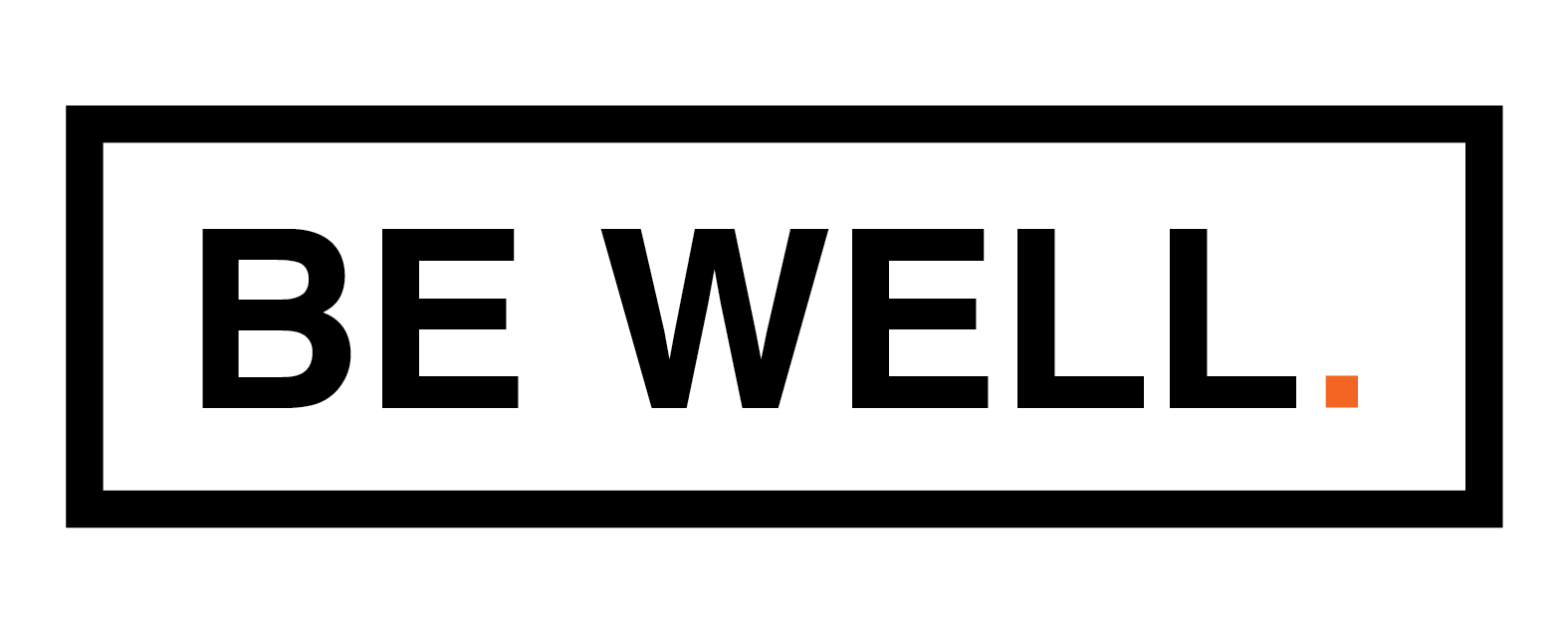Hunger. It's a Problem. Here's Why.

According to The Hunger Project, 795 million people (or one in nine people in the world) do not have enough to eat.
Currently 49.1 million are hungry in the United States alone.
In Alabama, 911,440 people are food insecure.
And in Lee County, 27,050 people are hungry.
These statistics are eye-opening. Many people do not recognize hunger as a prevalent issue here on our campus, in our state, or in our country, but hunger has no boundaries. People of all backgrounds experience hunger every day; most people just aren’t aware.
To learn more about food insecurity, ways to get involved, and what Auburn University is doing to combat hunger here and abroad, I talked to Ruthie Wofford, a senior in political science with minors in Spanish, nonprofit and philanthropy studies, and hunger studies.
Ruthie is involved with multiple hunger-fighting organizations on campus. Since July 2016, she has served as the communications coordinator for the Hunger Solutions Institute (HSI). The HSI began in 2012 as a result of the partnership in 2004 between Auburn University and the United Nation’s World Food Program (WFP), the world’s leading humanitarian hunger-fighting organization.
“HSI has three main programs: Universities Fighting World Hunger (UFWH), Presidents United to Solve Hunger (PUSH), and End Child Hunger AL (ECHA). UFWH has a series of nearly 300 student-run chapters across the U.S. and Canada. Auburn’s chapter, the Committee of 19, is the flagship chapter.”
The HSI believes that hunger is solvable when combatted with “relevant knowledge from all academic disciplines combined with the abilities and strengths of all sectors.”
Two heads are better than one, and when people come together to combat a single issue, change is bound to happen. It all starts with education. Most people do not realize how the issue of hunger and food insecurity is, even here at Auburn. It is easy to ignore something when you’re not affected, and most people who are hungry, according to Ruthie, experience shame and won’t reach out for help.
“In many cases, especially in the U.S., hunger is an invisible problem. Hunger not only is a physical threat, but it can sometimes be a social threat. For example, a middle class family may be financially stable until someone loses their job or gets a demotion. In this case, the family may be facing hunger for the first time. Because they are now food insecure, they may experience shame, fear, or guilt if they have to ask their friends or family for assistance. The result of all of this is – the family will probably not tell many people about their situation.”
“In reality, hunger permeates almost every society – it is just hard to see. The person sitting next to you in class may have $30 to spend on groceries this month. The couple you passed on your way to work may be worried about whether or not they can feed their child this weekend.”
Ruthie believes innovation, cohesion and collaboration are the most important steps in the fight against world hunger.
“While many organizations have been battling the issue of hunger for years, it is now the responsibility of my generation to continue and finish the fight. The way we must now approach domestic and international hunger is through innovation and cohesion.”
“I mention innovation because we have so much technology at our disposal. We must create and utilize it to our advantage. Cohesion is also extremely important. There are countless people and organizations out there trying to help hungry people. In reality, no single organization can solve hunger, but with collaboration and the sharing of best practices, I believe we can end hunger within my lifetime.”
If you are passionate about making a difference not only in your community, but around the world, now is your chance. There are various opportunities to get involved with clubs on campus and volunteer in the community.
If you’re interested in learning more about hunger in an academic setting, take the Intro to Hunger Studies class (HUSC 2000). According to Ruthie, it seriously changed her life. If you enjoy the class, consider minoring in hunger studies. Auburn is one of two schools in the nation who offer it.
“There are so many ways for students to help fight hunger! How you help depends on what you want to do and what you are good at. Have some free time and like to organize? Team up with IMPACT, Auburn’s student volunteer organization that can take you to the local food pantry or food bank. Love food and meeting new people? Volunteer with Auburn’s Campus Kitchen, which redistributes food not being used on campus to hungry students and the Auburn/Opelika community. Like to plan and execute hunger-fighting initiatives? Join the Committee of 19. Are you involved with a social group (Greek life, campus ministry, etc.)? Organize a fundraiser or canned food drive for the student food pantry.”
Auburn is making strides in the fight against hunger. So join the cause and get involved. If you’re a student in need of assistance, contact the Campus Food Pantry. Know that you’re not alone, and there are people to help you.
Are you part of the fight against hunger already? Interested in learning more? Let us know below or on social @AuburnCampusRec.
And as always,
Be well, Auburn.
Photography: Julia B. and Colt F.
Editor In Chief
Working for BeWell is a perfect fit for Hannah as she is able to combine two of her favorite things—people and writing—and call it work! Hannah enjoys listening to Coldplay, thrift shopping, laughing, and sneaking free chocolate at marketing events! Her favorite ways to work off the stolen treats are running on the track and all things cardio at The Rec.
A definite night owl (and by no means a morning person unless coffee is involved), you will rarely find Hannah at Campus Recreation before noon. Hannah plans to pursue a career in magazine journalism. Look for her some day at Vogue, Glamour, or Cosmopolitan.







